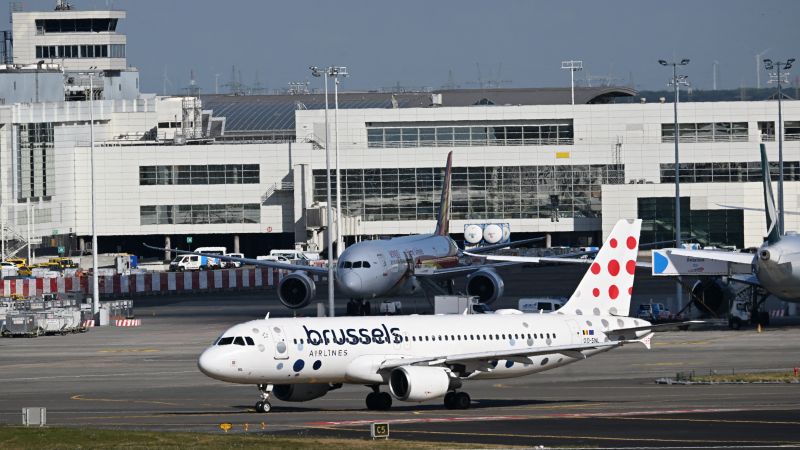A cyberattack on a third-party service provider has disrupted passenger check-in and boarding systems at several major European airports, leading to widespread delays and cancellations on Saturday.
The incident, which began late on Friday, forced airport staff across Europe to fall back on manual procedures, with airlines warning travellers to expect long waits and rescheduled flights.
Brussels Airport hit
In Belgium, Brussels Airport confirmed its automated systems went down, leaving staff to check in passengers by hand.
“This has a big effect on the flight schedule and will sadly cause delays and cancellations,” airport operators said in a statement, adding that technicians were working “as quickly as possible” to restore services.
Heathrow confirms technical issue
London’s Heathrow Airport also reported problems, describing the disruption as a “technical issue” linked to systems provided by an external vendor. Officials stressed that efforts were under way to restore full functionality but cautioned passengers to be prepared for delays.
Berlin airport disconnects systems
Berlin Brandenburg Airport in Germany said its check-in provider had been targeted in the attack late Friday, prompting operators to disconnect affected systems.
“The attack did not directly target the airport, but it did have an effect on it,” officials explained. Travellers were warned to expect longer waiting times and possible rescheduling of flights.
Broader concerns raised
Airports have advised passengers due to travel on Saturday to check directly with their airlines before heading to terminals.
While authorities have not publicly identified the perpetrators, the fact that multiple airports were affected through a shared vendor has raised concerns about systemic vulnerabilities within Europe’s aviation infrastructure.
Cybersecurity experts note that aviation has increasingly become a target for attackers due to its reliance on complex, interconnected systems and the potential to cause significant disruption.
The incident follows a string of high-profile cyberattacks on critical infrastructure across Europe in recent years, underscoring the need for stronger defences and greater resilience in transport networks.

